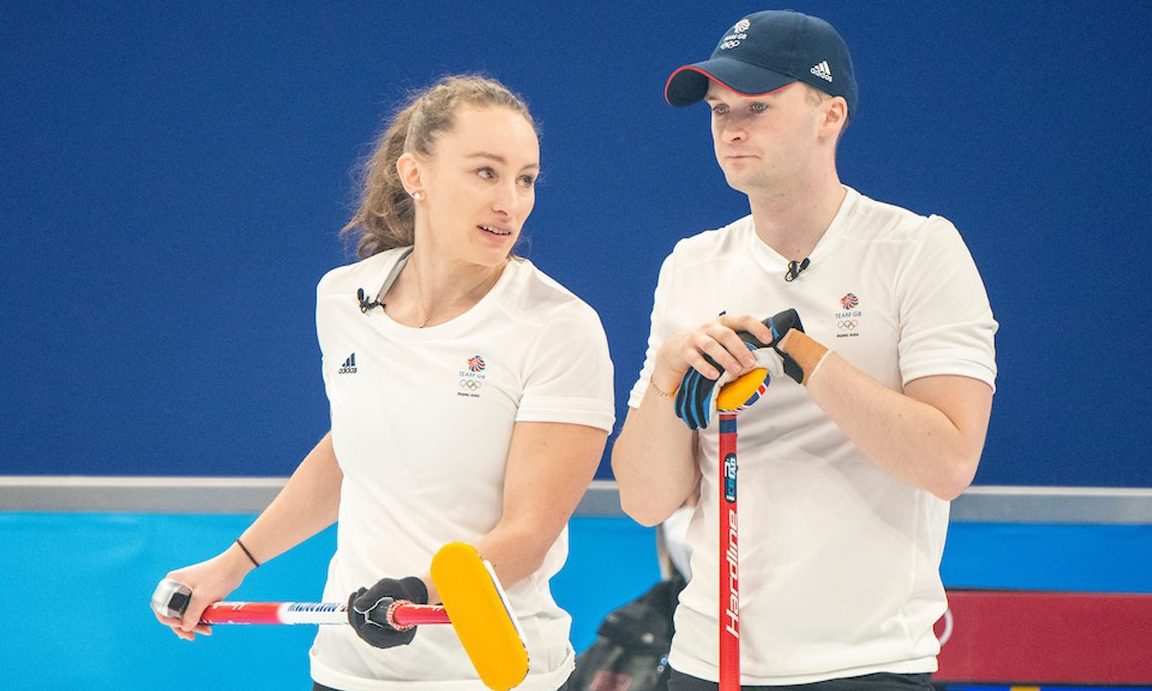Gambling and football go together like late fitness tests and tight hamstrings, but there are two distinct elements to separate in the hysteria surrounding Brian Rice’s admission this week.
The Hamilton Accies boss revealed that he had reported himself to the football authorities, admitting that he had been betting on the game against the rules of the sport.
Cue immediate calls for betting companies’ sponsorship of football to end.
The issue of folk involved in the game betting on it does need to be rigorously policed for the integrity of the sport, but valuable income from the industry for football shouldn’t be discarded because some people have a vice which they can’t control.
For Hamilton Accies manager ‘Chipper’, as he’s known in the game, the situation is a personal tragedy.
He is in the grip of what for him is a long running addiction and an illness, and he’s likely to be punished severely for his admission that he’s been placing bets on games.
However, many folk gamble happily, and responsibly, just as many folk drink, eat, and sunbathe sensibly, so the notion that football should disassociate itself from betting company sponsorship because some people struggle unsuccessfully with the urge to blow their cash is not only an over-reaction, it also penalises the vast bulk of those people who don’t have a problem.
What next – a ban on chocolate and pies from the catering stalls at grounds? Stopping hospitality because some folk have a drink problem? Should we ban the lottery?
Increasingly in all aspects of life the majority are being asked to find ever deeper reservoirs of sympathy for small numbers of folk who struggle to control their individual vices.
Earlier this week the former England goalkeeper Peter Shilton revealed that he’d blown a fortune on betting, and no longer gambles.
These are individually very sad stories, but there’s a choice contained within them, no matter how hard the individuals concerned find those choices to make.
I had a father who was overly keen on the horses, and my mother rivalled St Monica the patron saint of patience in keeping the house running in financial order.
In which case you might expect me to have a deep well of sympathy for those afflicted.
I do have some, but it’s mainly for the innocents and family members involved.
My empathy is reserved for those struck by tragedies and illnesses, not wounds caused by free volition.
There is a different concern for football over fears of match fixing; that’s a legitimate worry.
It’s right that folk involved in football are banned from betting on the sport, and as the Courier revealed yesterday there is currently an investigation going on into a former professional player over allegations of bets wagered on a yellow card being received in a match.
For football uniquely to be singled out to forego valuable sponsorship because a minority have gambling issues is backing a sure-fire loser.
For as long as gambling or alcohol or any other potentially harmful pursuit remains legal, then it’s simply a question of someone else’s morality being imposed on others in calls for a sponsorship ban.










